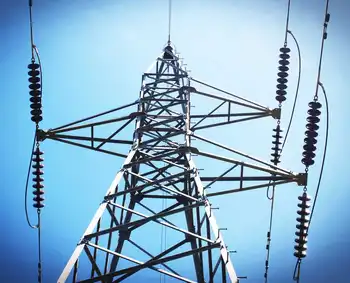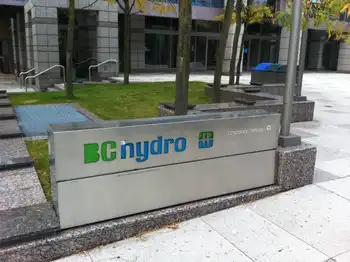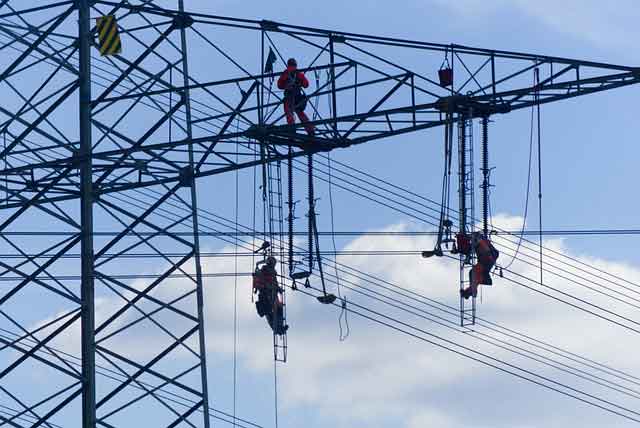Wind farm pumps up power firmÂ’s profits
LONDON, ENGLAND - Inflation-busting increases in electricity prices - which were supposed to pay for a massive expansion of wind power - have boosted the profits of power companies instead.
Under a controversial Government scheme, British consumers pay £1 billion a year in their fuel bills to subsidise the drive towards renewable energy.
The cash is supposed to act as an incentive to companies wanting to build green generators such as wind farms or hydro-electric dams.
However, because of a loophole in the system - and the vocal opposition to new turbines in the countryside - the scheme has failed to produce the expected surge in wind power. Instead, most of the money has lined the pockets of energy companies.
Energy experts yesterday warned that the "Renewable Obligation" subsidy system is "hugely flawed" and places a unfair burden on families at a time when household bills are soaring. Last year the energy watchdog Ofgem called for the Renewables Obligation to be scrapped. "It is a very expensive way of providing support for renewables," said regulator Andrew Wright.
Energy expert Peter Atherton, from financial analysts Citi Investment Research, added: "It's a bonanza. Anyone who can get their nose in the trough is trying to."
Under European plans published last month, Britain must produce 40 per cent of its electricity from green sources by 2020. Today it produces less than 5 per cent. To meet the target the UK would need to build around two wind turbines every day for the next 12 years.
To encourage more green energy, the Government launched the Renewables Obligation scheme. Each year, power suppliers must buy a fixed proportion of electricity from green sources. If they fail to meet the target they pay a fine to Government.
That money is then split between the owners of existing wind farms.
The cost of the Renewables Obligation is passed on to consumer in their fuel bills and is rising sharply each year. In 2006 it was £600 million. By 2020 it will cost consumers £3 billion.
Yet despite the spiralling fuel bills, the amount of green electricity produced in the UK is rising slowly. In 2005 just 4.2 per cent of the UK's electricity was renewable.
In 2006, the last year for which official figures were available, it was 4.6 per cent.
Although the money is being passed on to wind farm owners, lengthy planning delays have held up many wind farms. In 2007 an extra 427 megawatts of wind capacity were built Britain - compared-with 630 in 2006 and 447 in 2005, according to the British Wind Energy Association.
Many of the small wind farmers have been bought up by the major energy companies. RWE Npower is one of the biggest owners of in the UK and is though to make £90 million a year from wind.
Ministers have pledged to reform the planning system to make it easier for new wind farms to spring up.
"The scheme is designed to encourage investment in renewable energy by making things like wind farms more profitable," said a spokesman for the Department for Business.
"It should come as a surprise that there a cost associated with this. Renewables are more expensive, but they play a key role in tackling climate change."
Wind farm owners insist that their profits are not excessive - and that without subsidies, no business would invest in wind power.
Gordon Edge, of the British Wind Energy Association, said the convoluted planning system was causing the delays.
"It's much more difficult to get planning permission for wind developments than for developments like roads, motorways or other infrastructure," he said.
Related News

EDF and France reach deal on electricity prices-source
PARIS - State-controlled power group EDF and the French government have reached a tentative deal on future nuclear power prices, a source close to the government said on Monday, ending months of tense negotiations.
The two sides agreed on 70 euros per megawatt hour (MWH) as a reference level for power prices, the source said, cautioning that details of the deal are still being finalised.
The negotiations aimed to find a compromise between EDF, which is eager to maximise revenues to fund investments, and the government, keen to keep electricity bills for French households and businesses as low as possible.
EDF declined to…




